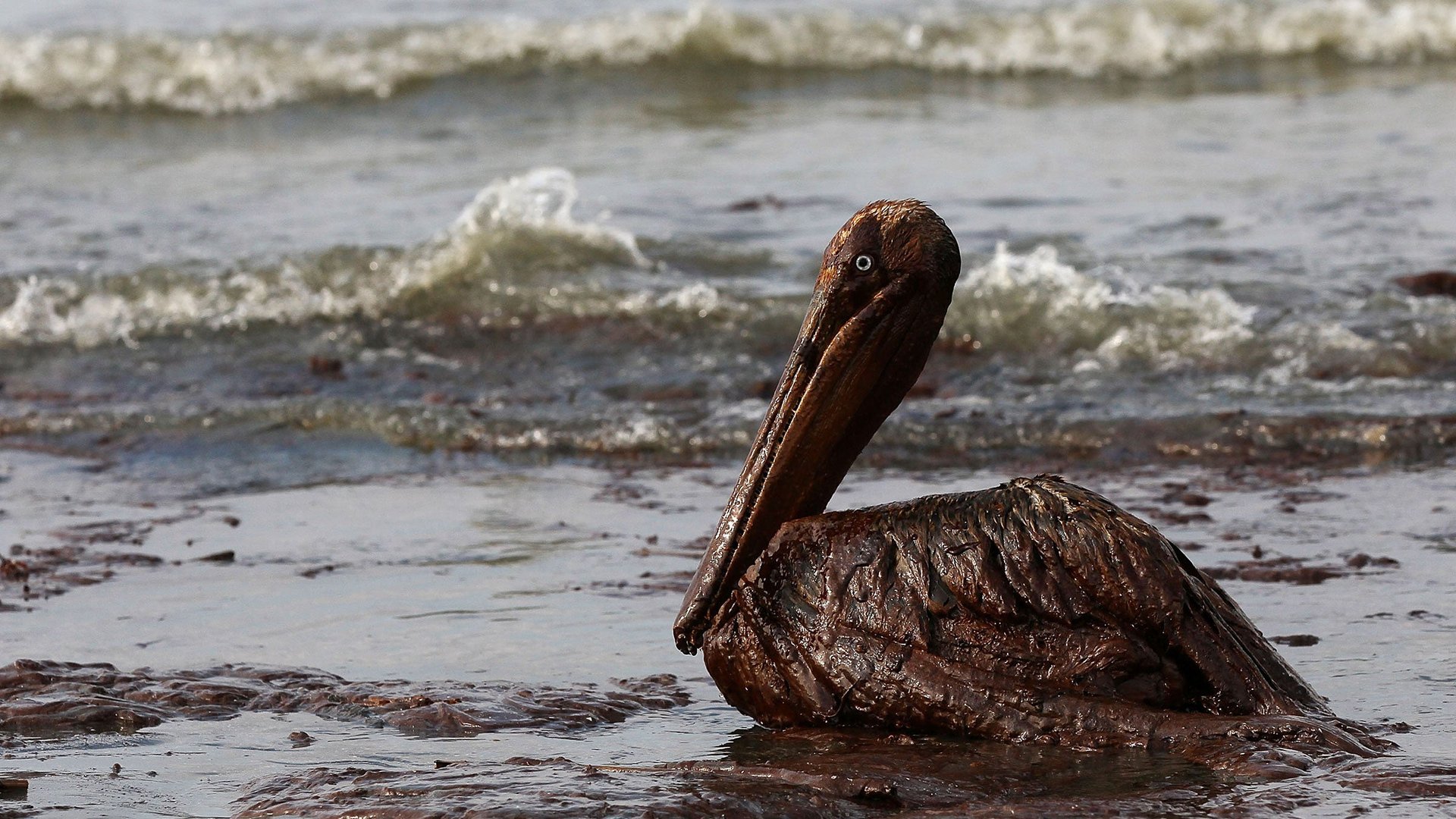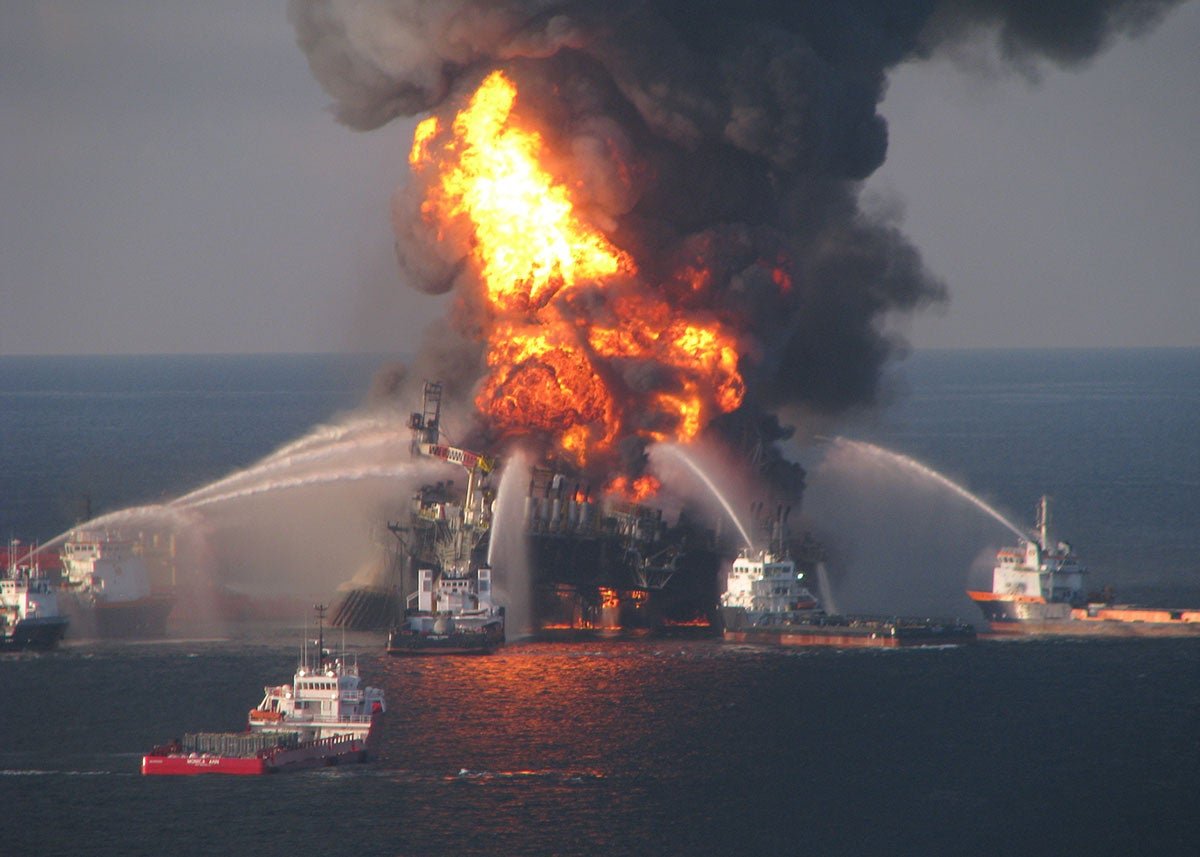BP pays a record criminal fine to put the Gulf oil spill behind it
Announcing a settlement today with US authorities worth just over $4.5 billion, BP closed the door on its most serious remaining vulnerability in a 2010 Gulf of Mexico oil spill that killed 11 men and threatened the company’s survival. The British company now faces one major remaining legal battle in the disaster–over the pollution caused by the 5-million-barrel spill, which could cost it billions of dollars more in civil fines.


Announcing a settlement today with US authorities worth just over $4.5 billion, BP closed the door on its most serious remaining vulnerability in a 2010 Gulf of Mexico oil spill that killed 11 men and threatened the company’s survival. The British company now faces one major remaining legal battle in the disaster–over the pollution caused by the 5-million-barrel spill, which could cost it billions of dollars more in civil fines.
The fine is a relatively minor blow to the company, which has already spent $14 billion in cleaning up the well, and had set aside considerably more for possible criminal and civil damages. BP did plead guilty to 12 counts of felony wrongdoing to settle the criminal case, however, and for some commentators, that was a more important sign than the size of the penalty it paid. “Several individuals still may face criminal charges as well,” wrote Loren Steffy, business columnist of the Houston Chronicle, which covered the disaster closely. “That, too, sends an important message to executives that their decisions matter.”
The settlement still allows victims of the spill to seek redress in civil suits, against which it says it will “vigorously defend itself.” And the company remains exposed to risky gross negligence charges for potential violation of the US Clean Water Act. If it is convicted of simple negligence for the spill in a trial now scheduled for February, it can be fined $5.4 billion. But if a jury finds the company was grossly negligent, the fine would be tripled to $21 billion. The company has said repeatedly that it was not grossly negligent. “BP has taken another significant step forward in removing legal uncertainty,” the company said in its statement. BP spokesman Toby Odone declined to comment further.

The April 2010 explosion at the Deepwater Horizon oil rig on the Macondo well came amid a string of failures and setbacks that badly tainted the company and forced out CEO Tony Hayward. After a pipeline spill in Alaska and a refinery explosion in Texas City, Texas, the image that stuck was of a company that cut corners to save money at the risk of lives and the environment. When BP ended up in yet another of a series of highly public rows with a group of Russian oligarchs, the die seemed cast—BP seemed to many a reckless steward of shareholder value.
But in the 29 months since, Hayward’s successor, an American named Bob Dudley, methodically clawed back the company’s reputation. In recent weeks, Dudley signed a Russian deal that extracted BP from its partnership with the oligarchs, and got it a prized perch in the country with state-controlled Rosneft. Afterward, BP raised its dividend by 12.5% as a reward to loyal shareholders. The settlement with the US government now more or less puts a coda on the Macondo disaster for BP.
Correction (Nov. 15, 2012): This story has been corrected to indicate that BP continues to face potential gross negligence charges in the spill.